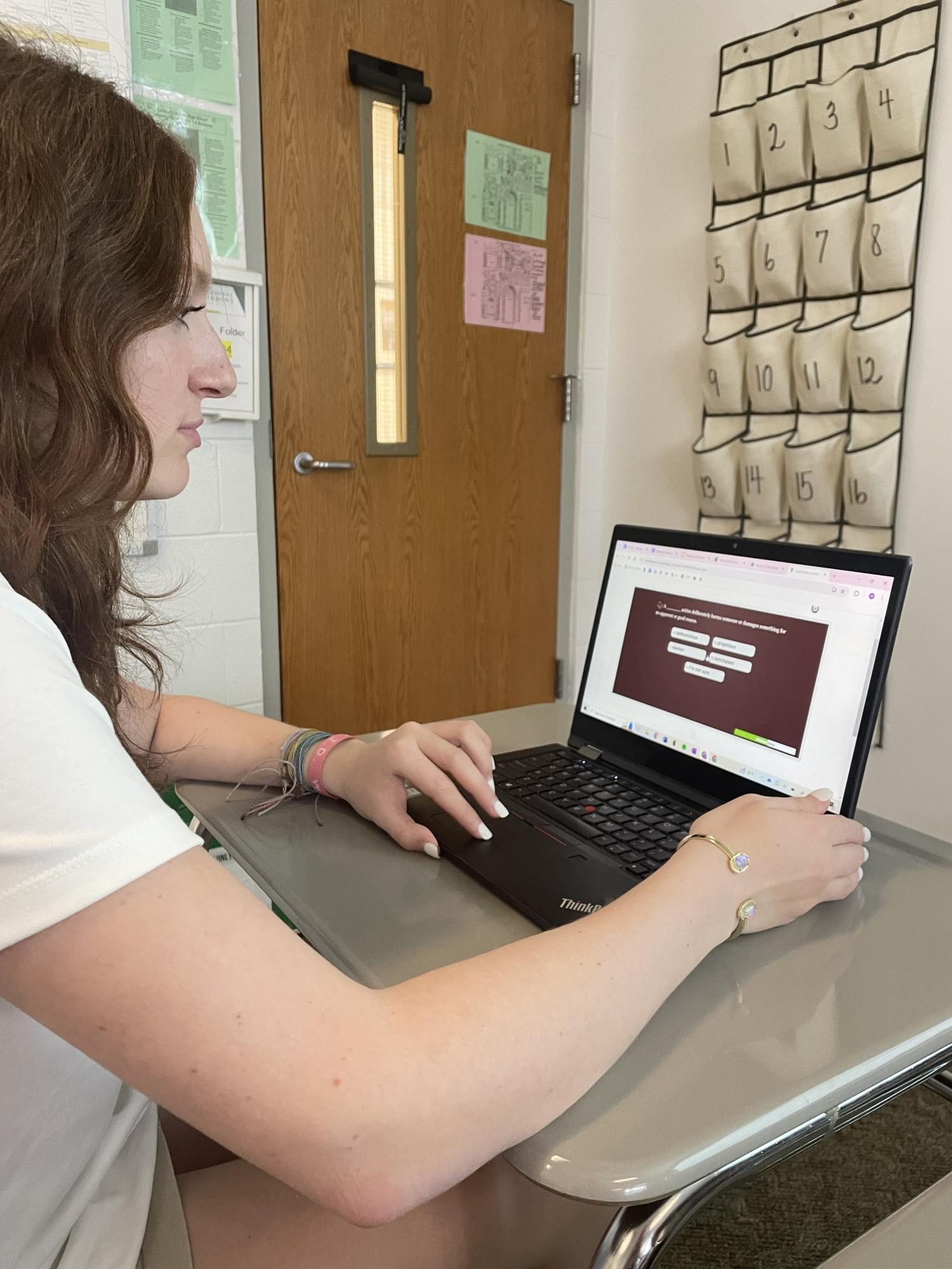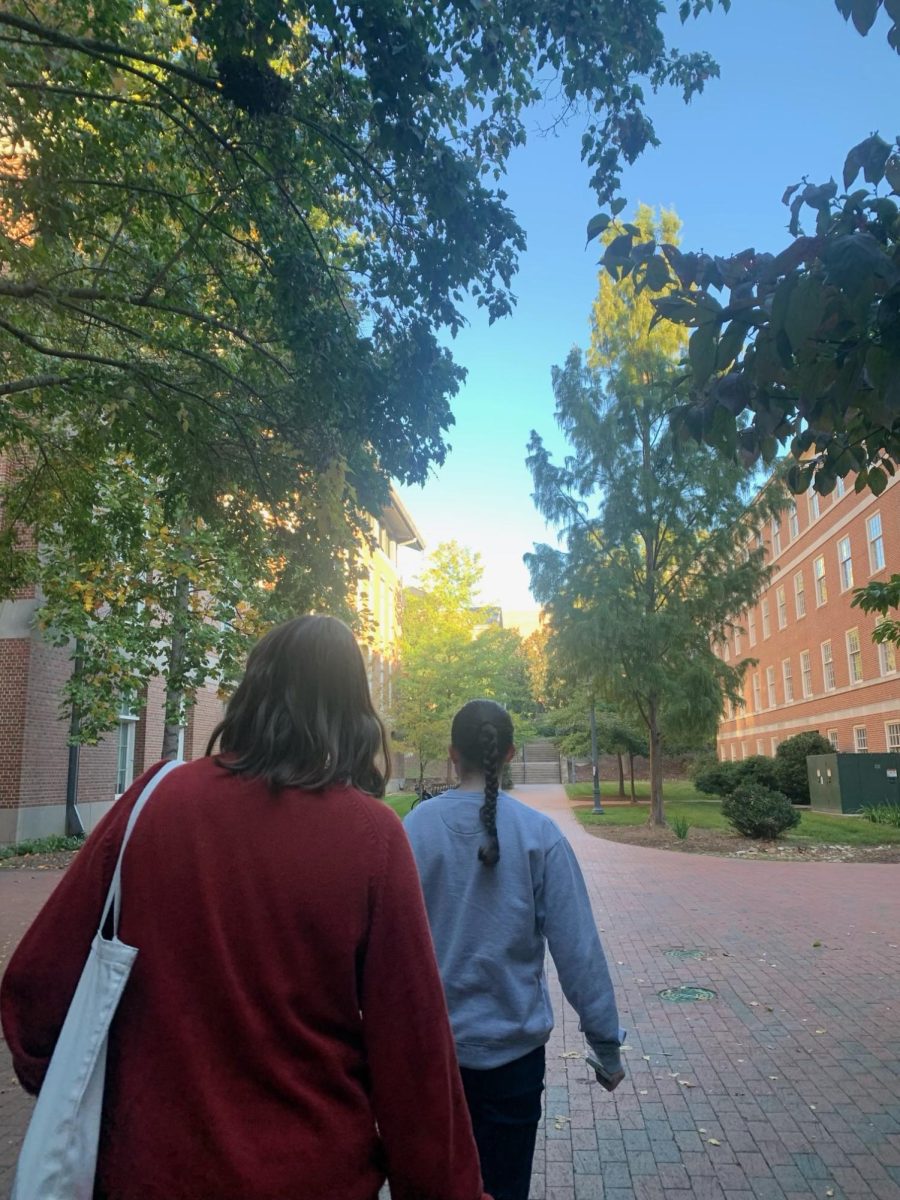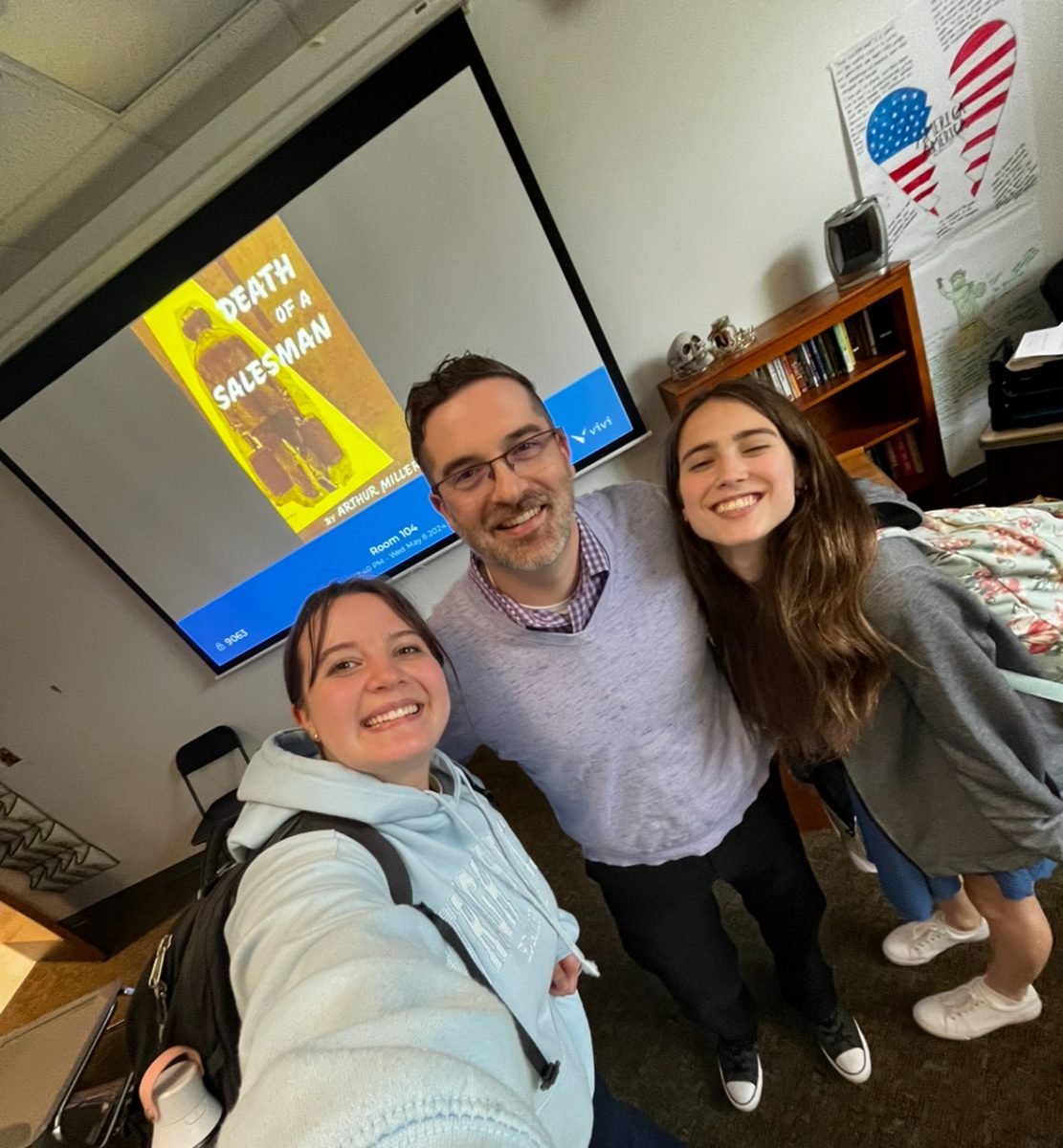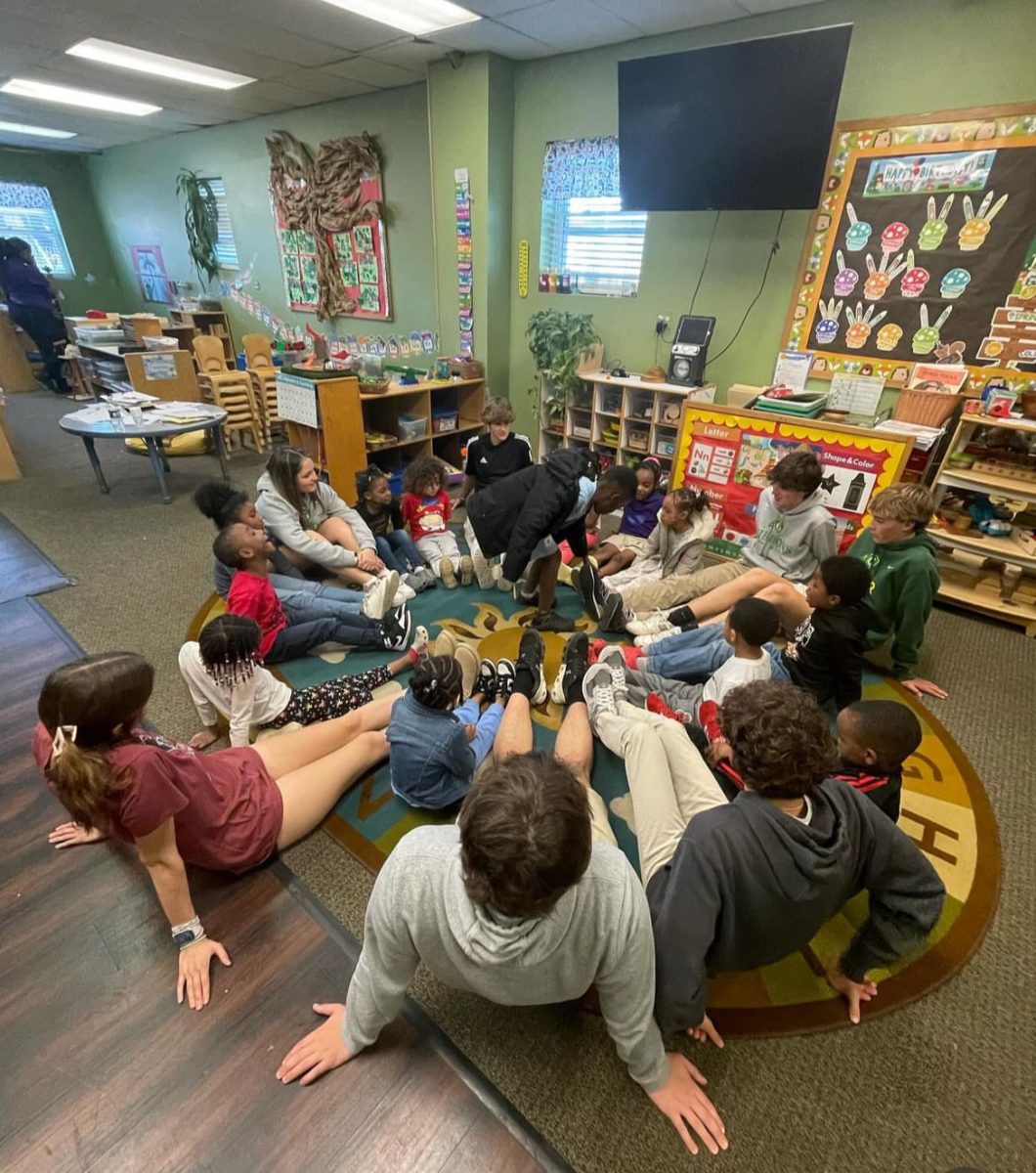As the realm of digital education continues to expand, there emerged a website that many students claim to have a “love-hate relationship with.” This program is Membean, a digital education platform used by middle and high school students to broaden vocabulary skills.
This program specifically utilizes an adaptive learning technology in order to tailor each student’s skill levels to their individual strengths and needs. Despite this goal, we at the Gibbons Globe decided to create a survey in order to finally answer some of the most conflicting questions concerning Membean.
The survey was conducted via Google Forms, and distributed on flyers with a QR code, which, upon scanning, directed users to the survey. Overall, the survey consisted of 5 questions that students could answer. After a little more than a week, we concluded the survey, having accumulated more than 30 responses that were then used to assemble the data.
Frequent logins required by plurality of survey respondents
The survey initially asked students about the frequency of weekly Membean requirements set by teachers.
Out of the five optional responses provided — Daily, 15 minutes for 3 days a week, 100 words a week, no Membean or other – the predominant option,selected by almost 40% of the students who participated in the survey,chose “15 minutes for 3 days a week.”
Following closely, the second most selected option,with 36% of the votes going to the “other” option. Subsequently, “100 words a week” garnered 18% of the votes,while only 1% of students opted for both “Daily” and the “No Membean.”
No respondents chose “very effective” at maintaining attention
Next the survey asked students about the effectiveness of Membean’s exercises at holding and maintaining their attention.
The most selected option with an overwhelming majority 45.5% was “ineffective”. Following closely, 36% expressed Membean as “very ineffective,” while 12% rated it as “somewhat effective,” and 6% opted for the “neutral” option. Interestingly, out of the five provided options, only four were chosen, with none of the responses selecting the “very effective” option.
Majority say Membean was not effective in helping learn new words
The third question on the survey asked students to rate the effectiveness of Membean in helping them learn new vocabulary.
The results concluded that 40% of the respondents found Membean “very ineffective” at helping them learn new vocabulary.
“Somewhat effective” was next with 21% and closely behind was “ineffective” with 18%. Lastly, there was the “neutral” option with 15% and this time, 6% of the participants chose the “Very Effective” option.
Majority spends 10-20 minutes on Membean per session
Following the last question, the fourth inquiry related to the average amount of time spent on Membean per session.
The four options given to students to choose from this time were: less than 10 minutes, 10-20 minutes, 20-30 minutes, and more than 30 minutes.
The option “10-20 minutes” emerged as the most popular option, selected by a staggering 56% of students. Next, 34% of students chose “More than 30 minutes”. Additionally, the data revealed that 6% devoted 20-30 minutes, while a mere 1% spent less than 10 minutes on Membean per session.
Overwhelming majority did not find Membean helpful in remembering words
The last question asked possibly the most important question of the survey which pertained to how well students retained the information on words learnt through Membean.
Among the four provided options, nearly 70% of students indicated that Membean did not noticeably enhance their vocabulary retention. Following this, 24% expressed that Membean somewhat contributed to their retention of the vocabulary, while 6% affirmed that Membean did in fact significantly aid them in this regard.
Summary
Among all the survey’s questions, a pattern emerged that revealed mixed sentiments among the respondents. While a notable number of the responses favored Membean and its structured approach to engagement, a more significant number of the results expressed complete dissatisfaction with the platform’s effectiveness in capturing attention, learning new vocabulary, and holding onto the knowledge.
Despite Membean’s adaptive learning technology, which aims to tailor each learning experience to individual students, the survey results suggest that most students perceive the website as ineffective or only somewhat effective.
Furthermore, the majority of respondents indicate that Membean has not helped them hold onto new words due to the speed at which each student learns new words. The discrepancy between the platform’s intended goals and the results of the survey likely stemmed from the fact that only a little above 30 students were able to participate out of the whole student body.
Although the survey helped to answer many questions about Membean, it also creates more questions for the future of Membean. Will students get less or more time on Membean, or will some teachers forgo Membean entirely? The answers to these new questions will hopefully be answered in the coming year.









